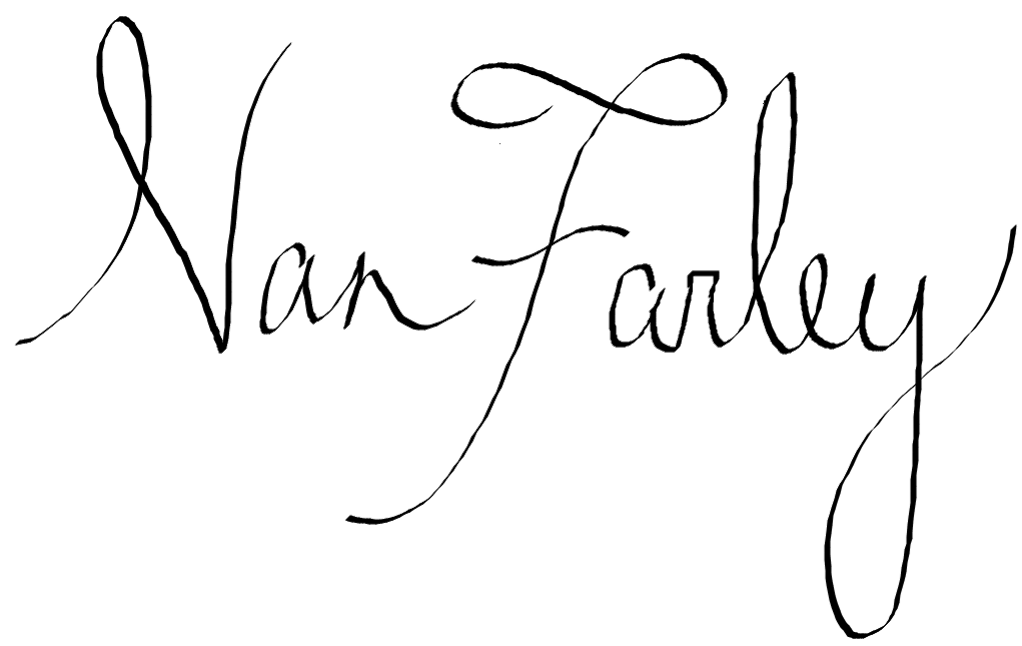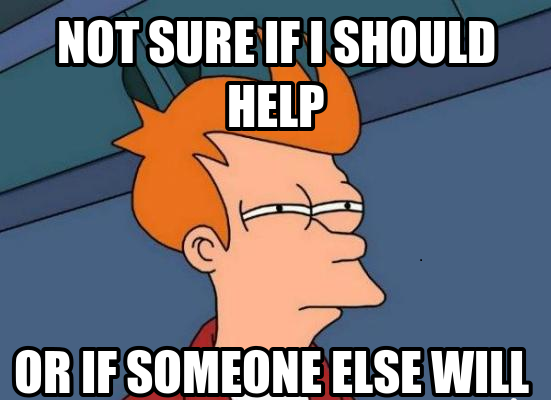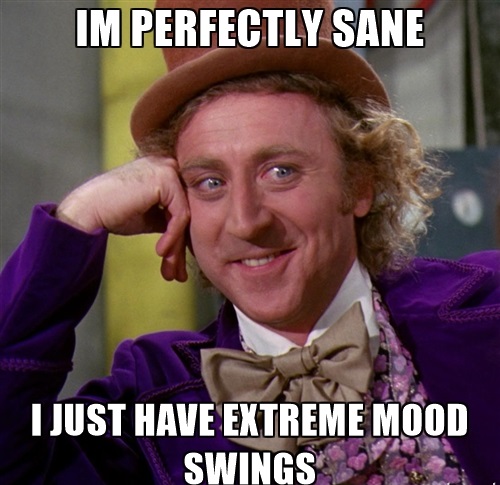So you know the Golden Rule, but do you know the Platinum Rule?
In short, treat others the way they want to be treated. Instead of assuming what people want, actually talk to them to find out how they want to be treated and make a conscious, understanding and respectful effort to behave accordingly.
Anyway, I thought the Platinum Rule could be a nice introduction to the topic of prosocial behavior, commonly known as altruism. Altruism is the act of putting someone else’s needs above your own. This process takes many forms and there are many theories in social psychology as to why people act altruistically…
Biologically – Altruism has been theorized and supported in research to be correlated with biological closeness between the altruist and the recipient. Thus, you are more likely to risk your life for others in your bloodline.
Intrinsically – Batson’s Empathy-Altruism Theory states that we act for others because we are intrinsically good and feel empathy for others.
Selfishly – This is my is one of my favorite explanations for altruism: it is an ultimately selfish act. The logic goes that we, with our notions of self, often have cognitive dissonance in which we think we are awesome, kind people in our hearts… but can’t list any real reasons why. Hence altruism. This cynical view is that we do especially kind acts for others for our own selfish appraisals.
In my OP, it doesn’t really matter why you do something good (the motivation only really applies to negative outcomes). Whatever your reasoning, keep it up! Maybe if you do it enough you won’t even need a motive and helping others will just become a habit…
-Nanmund Freud
Special thanks to Dena Justice for giving me a proper education #platinumrule





